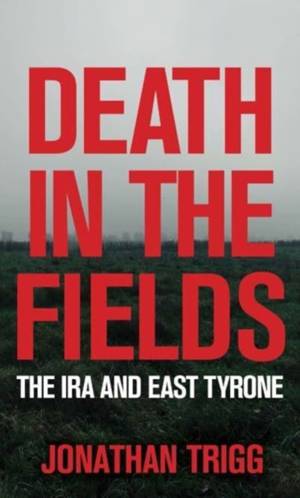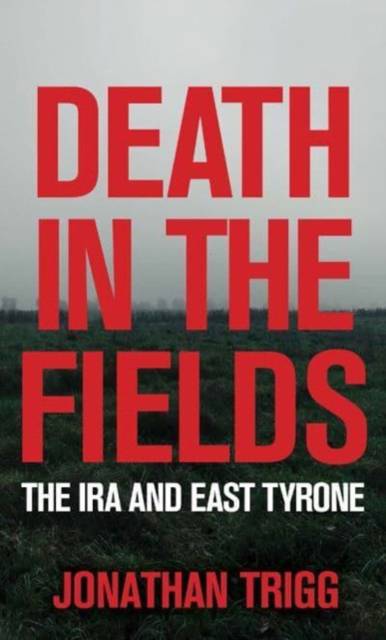
- Afhalen na 1 uur in een winkel met voorraad
- Gratis thuislevering in België vanaf € 30
- Ruim aanbod met 7 miljoen producten
- Afhalen na 1 uur in een winkel met voorraad
- Gratis thuislevering in België vanaf € 30
- Ruim aanbod met 7 miljoen producten
Zoeken
Omschrijving
'In Belfast the Provos were trying to make the 6 o' clock news, in East Tyrone they were trying to kill you.' With the advent of the Troubles in Northern Ireland, the Provisional IRA (PIRA) became active in the towns and villages of East Tyrone, the volunteers forming the so-called East Tyrone Brigade and carrying out attacks on members of the security forces. Drawing volunteers from the region's tight-knit Catholic communities, many with republican sympathies dating back generations, the Brigade became renowned for the deadly nature of its attacks and its operational and technological innovations. By the mid-1980s, with a hard core of experienced volunteers and a mass of weaponry from Colonel Gaddafi's Libyan government, the East Tyrone Brigade were successfully prosecuting a ' no-go zone' strategy designed to change the face of the war in Northern Ireland. Then, one spring night in May 1987, the Brigade launched an attack on the Royal RUC's isolated base in the Armagh village of Loughgall. The British were waiting. All eight members of the East Tyrone Brigade team were killed. From then onwards the Brigade was fighting for its life, and by the time of the IRA Ceasefire in 1997, PIRA's feared East Tyrone Brigade was a shadow of its former self. This is the story of the war in the fields, towns and villages of East Tyrone, as told by the people who fought it.
Specificaties
Betrokkenen
- Auteur(s):
- Uitgeverij:
Inhoud
- Aantal bladzijden:
- 288
- Taal:
- Engels
Eigenschappen
- Productcode (EAN):
- 9781785374432
- Verschijningsdatum:
- 23/05/2023
- Uitvoering:
- Paperback
- Formaat:
- Trade paperback (VS)
- Afmetingen:
- 133 mm x 216 mm
- Gewicht:
- 430 g

Alleen bij Standaard Boekhandel
+ 50 punten op je klantenkaart van Standaard Boekhandel
Beoordelingen
We publiceren alleen reviews die voldoen aan de voorwaarden voor reviews. Bekijk onze voorwaarden voor reviews.











